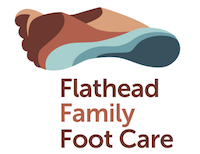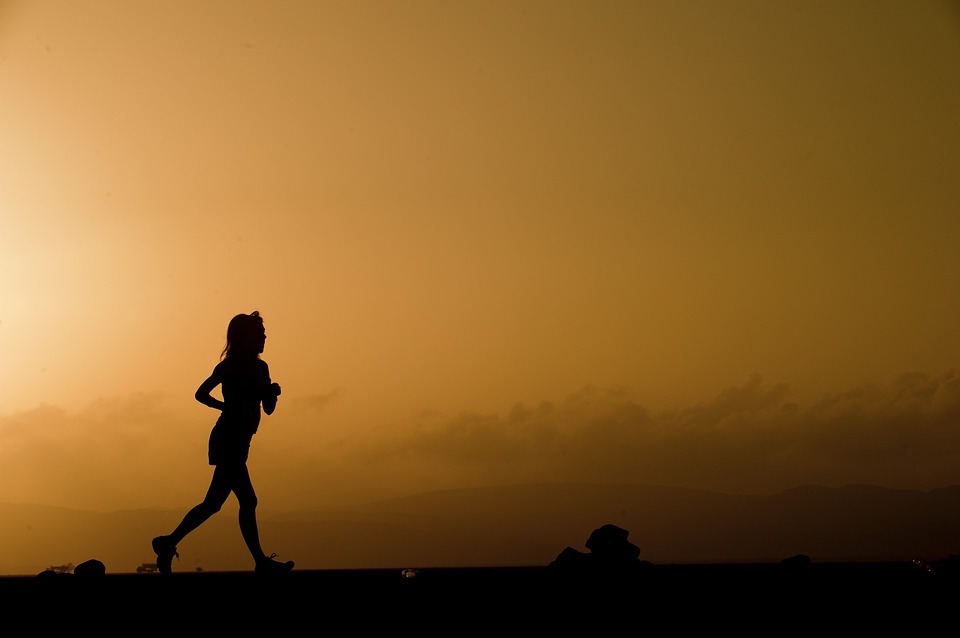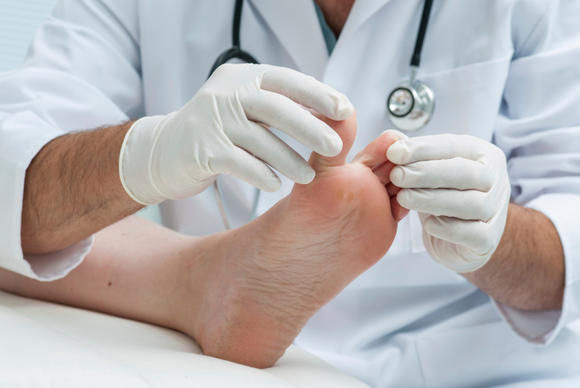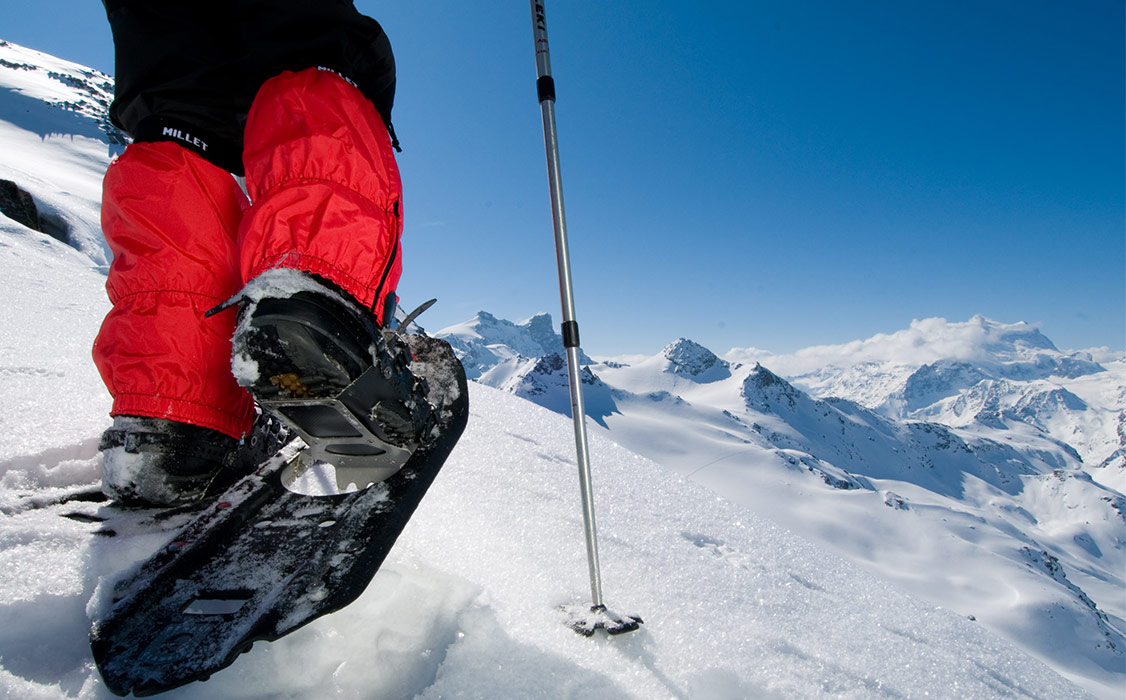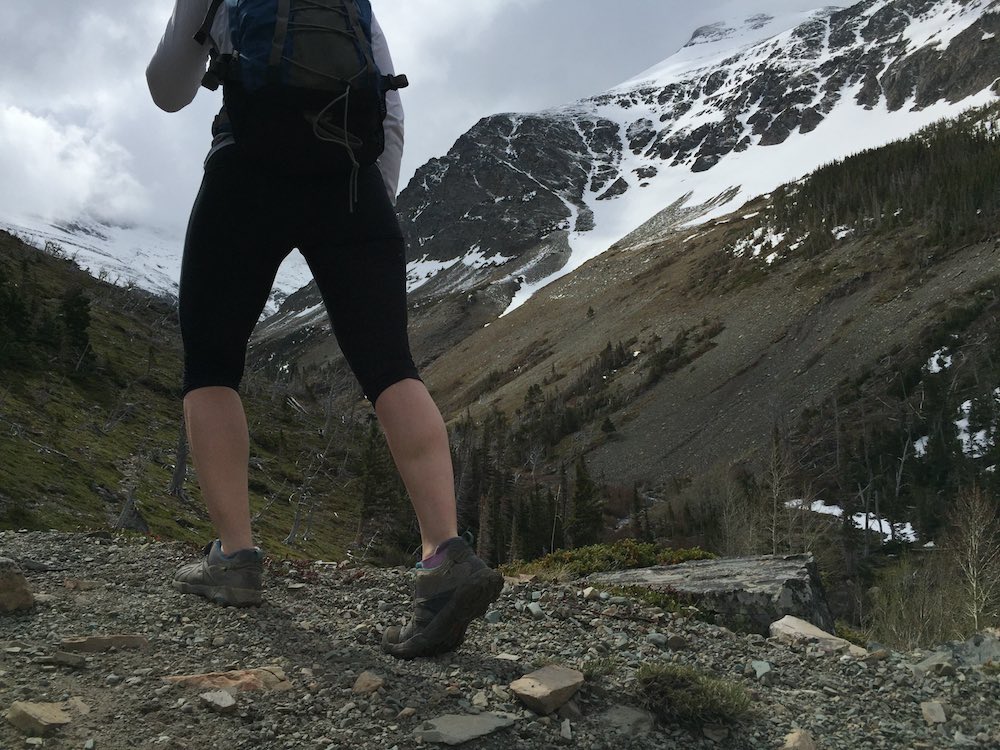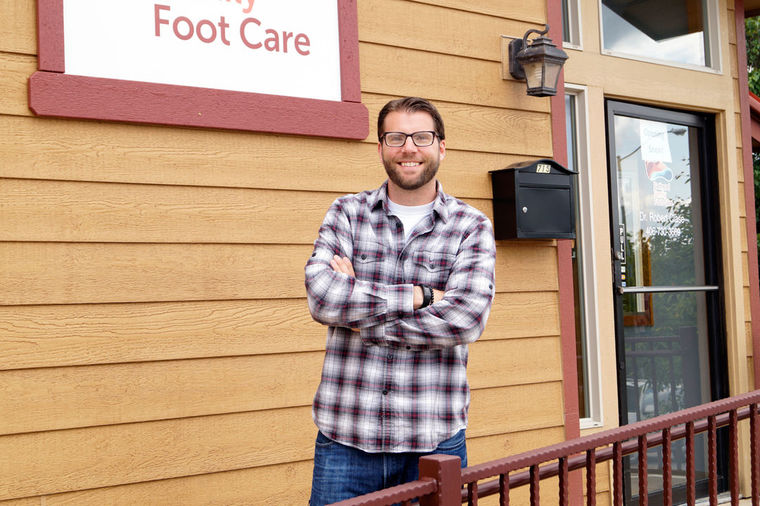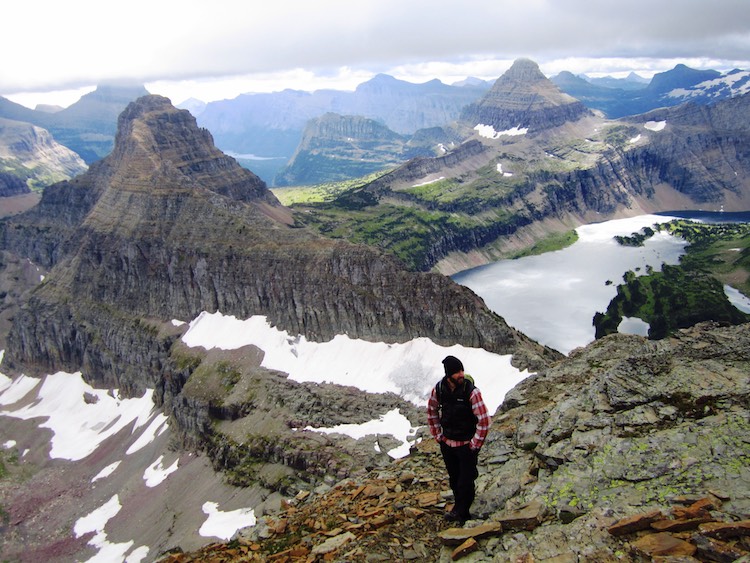Are Your Feet Race Ready?
As the weather warms up, runners have one thing on their mind… Get out there. Summer is on its way and with it comes marathons, half-marathons, obstacle courses and countless 5k/10k fun-run events. If you plan to participate, it’s time to get your feet in gear! Preparing and treating your feet right from the start, ensures that you will be healthy and ready come race day!
Whether you’re preparing for your very first race or you’re a marathon pro, your feet are always susceptible to running injuries. Therefore, it’s important to keep in mind these helpful tips to keep your feet happy and healthy for your big race:
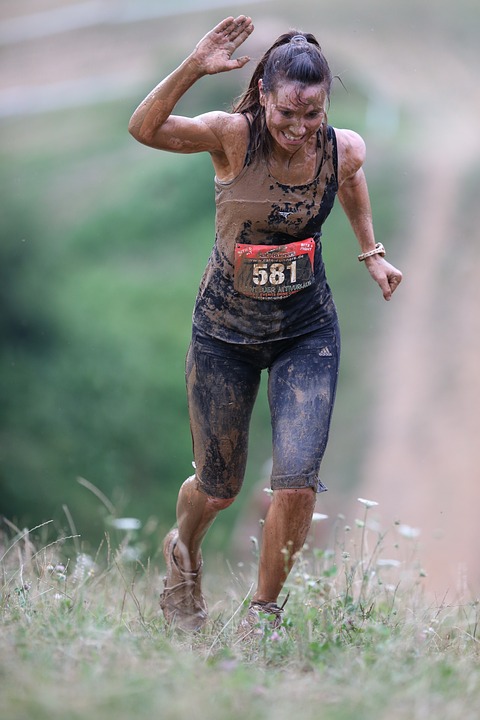 Invest in the Right Pair of Shoes- The critical step to help assure a pain-free race day is to make sure you have a supportive shoe that’s tailored to your foot-type.
Invest in the Right Pair of Shoes- The critical step to help assure a pain-free race day is to make sure you have a supportive shoe that’s tailored to your foot-type.
Do you have flat feet or a foot that over pronates? Then you’ll need a shoe with more stability and motion control. I recommend brands such as Brooks, New Balance, Nike, and Asics. When you hold the shoe with both hands and try to bend it, it should not bend at all in the center of the shoe and only the toe area should bend. If you can easily bend the shoe in the center, this shoe will not offer you the support you are going to need. If you feel that the shoe is not offering enough support you can benefit from orthotic inserts to put in the shoe to further control the amount your foot pronates. These are available in many running stores. At Flathead Family Foot Care we have medical grade orthotics available in the office. If you have a very unique foot type, you may require a custom molded orthotic to achieve the best results. Either way if you are serious about running and have any foot issues, having an evaluation by a podiatrist can save your feet and body from pain as well as prevent possible damage.
Do you have a high arch? Then you need a shoe with more shock-absorption and cushioning. Again, you will want a firm sole, but not quite as rigid and with a thick cushioned sole and cushioned insert. Consult an expert on the proper shoe to wear while training in order to make sure your feet are well supported and protected. You’ll be more likely to avoid common running injuries such as blisters, calluses, fractures, heel pain, and ankle sprains.
Good Socks- This might not seem crucial, but choosing the right pair of socks could be vital for your race day success. You do not want to use your everyday cotton socks because cotton absorbs moisture and wet socks rubbing against your feet can create painful blisters. You want to choose running socks that are made from wicking synthetic materials such as polyester or acrylic. These types of socks will keep your feet cool and dry.
Training- It is important to have a good training plan, for whatever race you are trying to complete. Make sure that you allow yourself enough time to gradually get yourself prepared for race day. Trying to do too much too fast is a recipe for injury. Overuse injuries, including shin splints, plantar fasciitis, tendonitis and stress fractures are injuries I see all of the time in the running population. Invariably these are due to increasing their amount of activity too quickly. Also, remember to stretch before and after your workouts to keep those muscles and tendons limber.
Don’t Ignore Pain– Pain is an important signal that something may be wrong. If at any point during your training you encounter foot or ankle pain (especially if it persists or gets worse even with rest), it is important to immediately visit your podiatrist. Continuing to train on an injured foot may worsen it and lead to injuries that will keep you on the sidelines on race day.
In the end, realize that running places a high demand on your feet and you’ll have to pay extra attention to their care and maintenance. Take all of the precautions necessary to prevent and minimize any damaging effects. The best way to keep your feet pain-free during your marathon preparation is to make an appointment with a podiatrist. At Flathead Family Foot Care, Dr. Clase will examine your feet to identify any possible problems, discuss training tactics, and recommend the best footwear to keep your feet injury-free during this race season.

